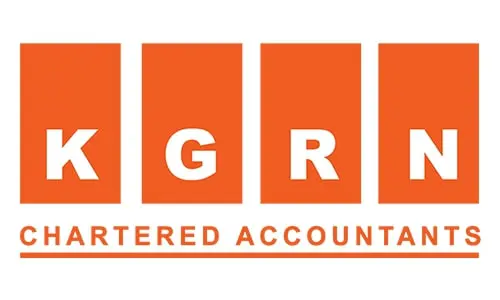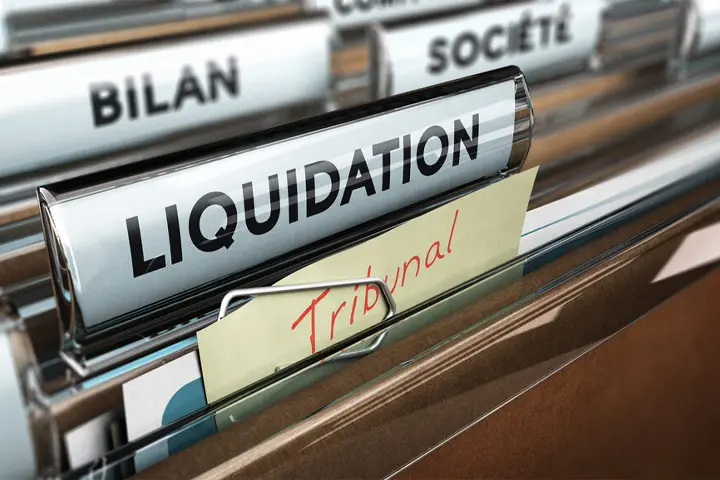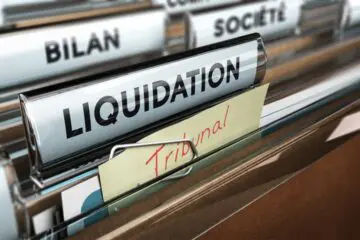In the United Arab Emirates, LLCs, offshore companies, and free zone firms can make advantage of KGRN Company Setup Services’ company liquidation options. If a company is experiencing serious financial difficulties and is unable to meet its ongoing commitments, it may be required to sell off its assets and cease operations in Dubai and the United Arab Emirates (UAE). In such a scenario, the company would be in breach of its legal responsibilities.
In order for this strategy to be put into action, a significant amount of documentation will be required, as well as agreements with all of the necessary partners and any other government bodies that are pertinent. In the process of winding down a business, one of the most important steps is deregistering the firm. The processes known variously as “corporate liquidation,” “corporate dissolution,” and others have the same meaning when applied to a company. If it is not done in the correct manner and with the utmost care, the process of liquidating a business in Dubai or the United Arab Emirates may be a drawn-out and frustrating experience.
KGRN provides comprehensive corporate liquidation services in the UAE, ensuring that the closing of your business will go through without a hitch. The termination of all business permissions and the cessation of all operations are the first steps in the process of a corporation going out of business, which is known as “liquidation.” In order to accomplish these objectives, one must revoke visas, deactivate bank accounts, settle overdue utility bills, and receive any necessary certificates from the relevant government organizations. In order to save both time and money, you might want to consider having KGRN Company Setup Services LLC handle the dissolution of your Dubai-based business. We assist UAE-based businesses, whether large and small, in winding down their activities in the mainland and free trade zones of the emirate.
Types of Liquidation Services in Dubai
Voluntary Liquidation
In situations where a company decides to cease its operations voluntarily, voluntary liquidation is the preferred route. This decision typically arises from factors such as declining profitability, insolvency, or a change in business objectives. Engaging professional liquidation service providers can ensure a smooth and lawful process.
Compulsory Liquidation
Compulsory liquidation occurs when a company is ordered by the court to wind up its operations. This is often a result of unpaid debts, legal issues, or regulatory non-compliance. Companies facing compulsory liquidation should seek legal counsel to guide them through the complex proceedings.
How we help you?
The liquidation of a Limited Liability Company established in the United Arab Emirates would take around 2 to 3 months. It takes two to three months to complete a commercial transaction if there are no commitments or demands on the company. It is possible that the formalities will be postponed if there is a protest from someone or from an outside party on any issue.
The corporation is responsible for calling a shareholder meeting. When it comes time to vote on whether or not to close the corporation, the shareholders should consider enacting a resolution to do so. A notary public should certify that the decision was made. The vast majority of firms that are created in free zone countries do not need certification.
- The problem is remedied as soon as the workers are paid and their immigration permits are revoked. The corporation must get authorization from the relevant authorities.
- Reduce your debt and due liabilities.
- After that, a liquidator will need to do their job. A liquidator is a professional who manages the dissolution of a business.
- Get the necessary paperwork together and turn it in to the right people so you may start the liquidation process.
- The local paper has an ad for a company’s impending collapse. There will be 45 days of exposure to the ad. Be prepared for any kind of response, including demonstrations.
- The liquidator must compile the Liquidators report in the absence of any objections.
- Partners’ visas are being cancelled, and evidence is being sought.
- Pay the Department of Economic Development (DED) a fee to cancel a business license.
- Put an end to the company’s banking activities.
- Companies registered in a free trade zone are subject to the same dissolution requirements as those registered on the mainland. Different types of free zone jurisdictions have different documentation needs. The following documents are required to formally dissolve a company.
- Certificates of ownership (photocopies)
- Documentation Suggesting the Existence of an Agreement
- All free zone companies follow essentially the same processes when liquidating. However, severe restrictions apply in certain nations designated as free zones.
- The company will enter voluntary liquidation as agreed by the board of directors.
- Costs linked with the tax-free zone must be covered.





